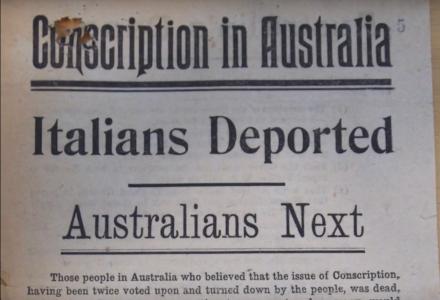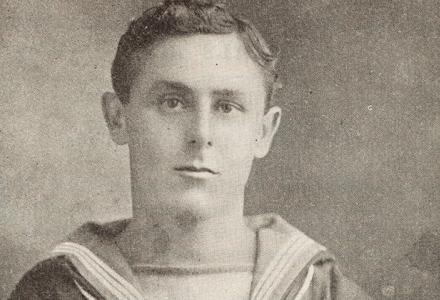Private Thomas Dowell sailed to war just before Christmas 1914. He served at Gallipoli from the very beginning of the campaign, and he survived the Landing and months of attrition in static trench warfare. Then came the August Offensive. Dowell was wounded at Sari Bair and, unable to move to safety, the Turks took him prisoner.
He was loaded onto a ship and sailed up the Dardanelles to Constantinople and a few months on, Thomas was moved from the hospital to the prison camp at Afion Kara Hissar. The Allied prisoners suffered many hardships. In a war fought on so many fronts, Turkey could scarcely afford to feed its prisoners. Dowell lived in a constant state of fear. It was not just the occasional beatings, or the torrent of abuse from long-suffering Turkish soldiers. Unable to properly man the camps, the Ottoman authorities sought to cow their prisoners into submission. Vague promises of a prisoner exchange raised men’s hopes, but these never eventuated. Instead, frequent movement from one camp to another, hours of confinement in primitive cells, loneliness, hunger and fear, took a huge emotional toll.
Thomas Dowell was not released until the end of the war. Thomas returned to Australia late in 1918—but he brought the war home with him. A few months later, back in Melbourne, after he was discharged from Mont Park Hospital for the Insane, Thomas married Bessie.
Bessie soon witnessed her husband’s trauma and saw how he was ‘just like a spring wound up … [that] can’t unwind.’ Thomas would switch from indifferently mute to erratically violent. He shot their farm animals on a whim and threatened to do away with the family. He sharpened razors and knives in front of them all, he climbed atop their roof and shot into the sky and he built explosives to ‘bomb the place.’ Bessie believed her husband had an ‘impulse to kill.’
But in the Depression of the 1930s the Repatriation Department was overwhelmed by claims from sick and needy veterans. Thomas Dowell's case was viewed as ‘doubtful’. Bessie's fears were also dismissed as exaggerated.
Thomas Dowell had endured four long years as a prisoner of war. Bessie Dowell’s imprisonment lasted every moment of her marriage.



